
With summer in full swing, many families will be taking beach vacations this year. But when taking a trip to the shore, parents may be worried about potential run-ins with sharks. Florida already had to close several beaches in June after a series of shark attacks, per Fox 35 Orlando. But parents don’t necessarily have to cancel a beach trip as a result. There are many ways to stay safe from sharks as well as other ocean dangers such as jellyfish, rip tides, and more.
Shark Week starts on July 7, culminating in Shark Awareness Day on July 14, and it’s worth being aware of how to steer clear of these animals this summer. Sharks aren’t designed to hurt us, but when we do share the water we need to know how to respect the potential dangers that could exist.
Here are 15 ocean and beach safety tips to follow this summer.
More from CafeMom: Mom Saves 5-Year-Old Daughter Before Bleeding to Death After Underwater Shark Attack
Pay attention to hazard flags.
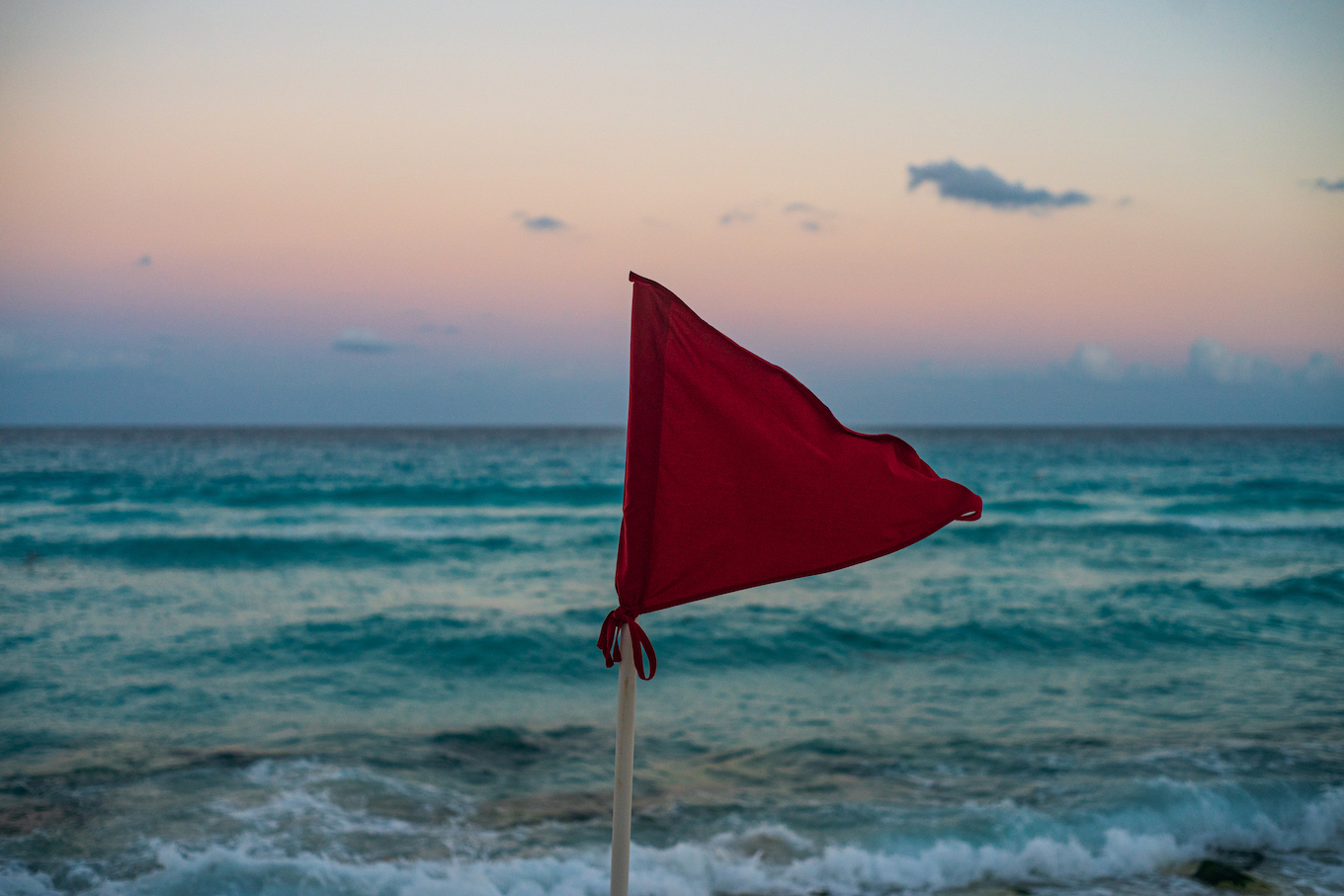
One of the easiest ways to tell if a beach day will be safe is by checking for any posted flags nearby. According to the National Weather Service, a yellow flag indicates possible rip currents, a red flag means strong and dangerous currents are present, and a double red flag means the water is completely closed to swimmers. Additionally, a blue flag can indicate the presence of dangerous marine wildlife.
Swim near the lifeguards.

Ocean Today recommends only swimming when lifeguards are on duty at the beach. They can help in emergencies and have useful information about the current safety of the water. But even though their job is to help keep beachgoers safe, they also have a lot to watch at once. Parents shouldn’t use the lifeguard as a substitute for keeping an eye on their own kids.
Stay in a group.
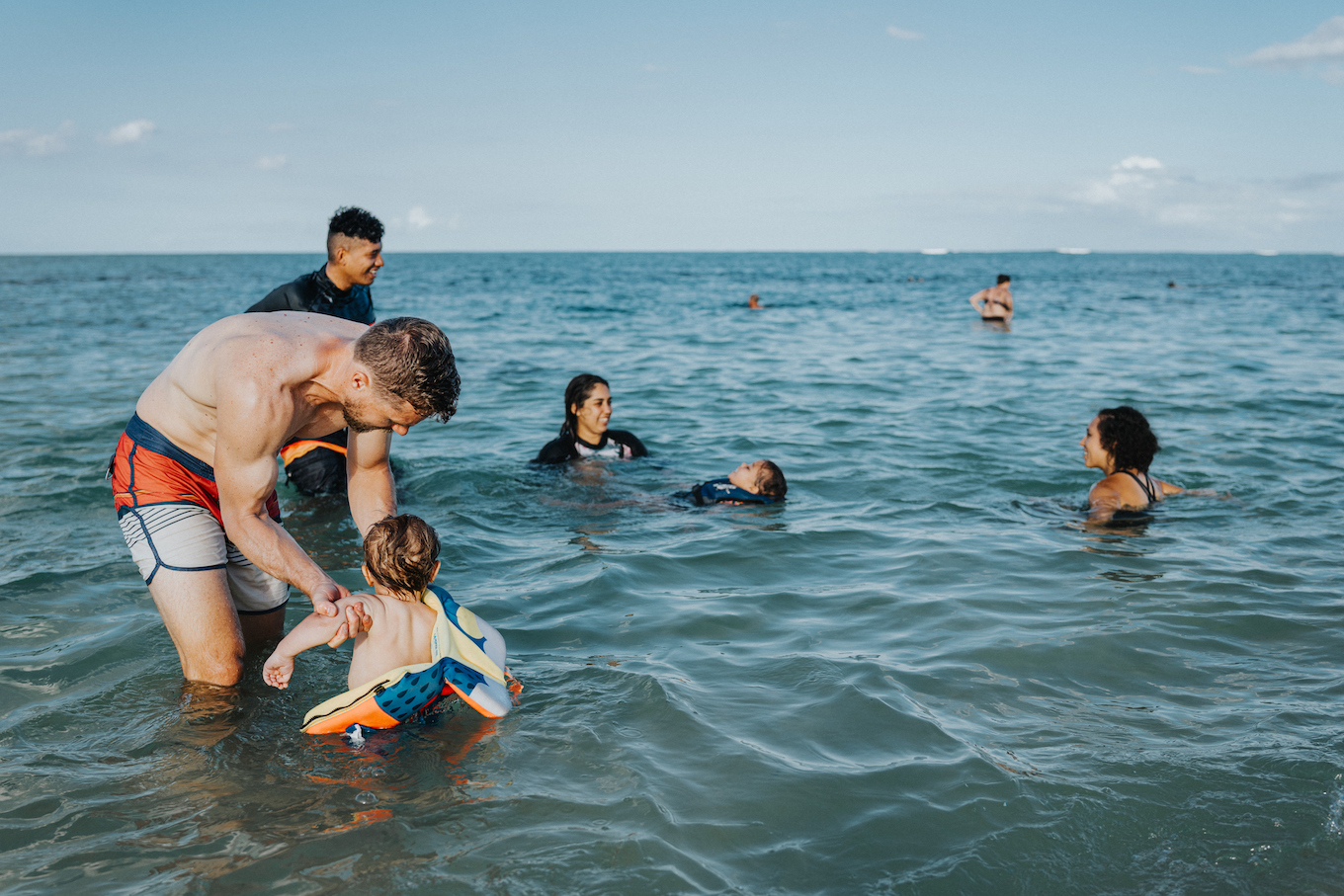
For parents who are worried about possible shark activity at the shoreline, the Florida Fish and Wildlife Conservation Commission recommends staying in groups. Not only is it less safe to be in the water alone when it comes to preventing drowning, but sharks also are more likely to bite when people are by themselves. Big groups may scare them off.
More from CafeMom: Florida Girl Fights Off Bull Shark That Bit Her Repeatedly
Don't go in the water with a wound.

Sharks have a great sense of smell and can pick up on the scent of blood from a quarter mile distance, according to the BBC. That’s why the Florida Museum of Natural History has advised beachgoers not to go in the water if they have an open wound. The museum said it’s perhaps even best for people on their period to be extra careful as well.
Avoid dawn and dusk.

The Courier Mail reported that dawn and dusk are the two most dangerous times to be in the water. That’s when low light makes it more difficult for sharks to see — and therefore easier for them to mistake a human for prey.
They also feed at dusk, so they may be looking for a meal at that time if people are still at the beach.
Don't wear jewelry.
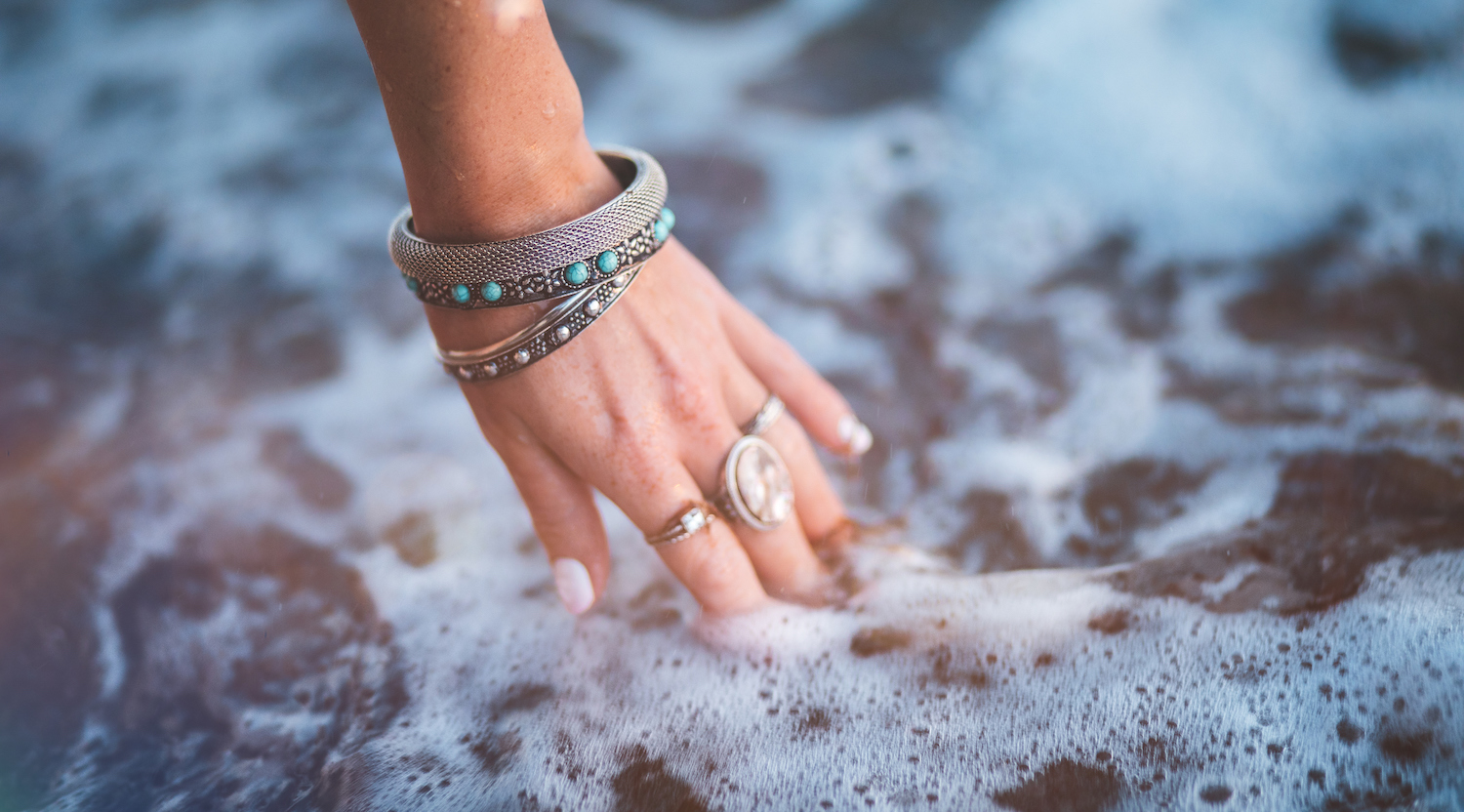
Shiny jewelry can mimic how fish scales look underwater, according to the South Carolina Aquarium. Taking off any bright pieces before entering the water will help people look less attractive to any sharks that might be in the area. Plus, it’s just easy to lose jewelry in the sea, and that’s an expensive bummer worth avoiding.
Don't get too close to people who are fishing.
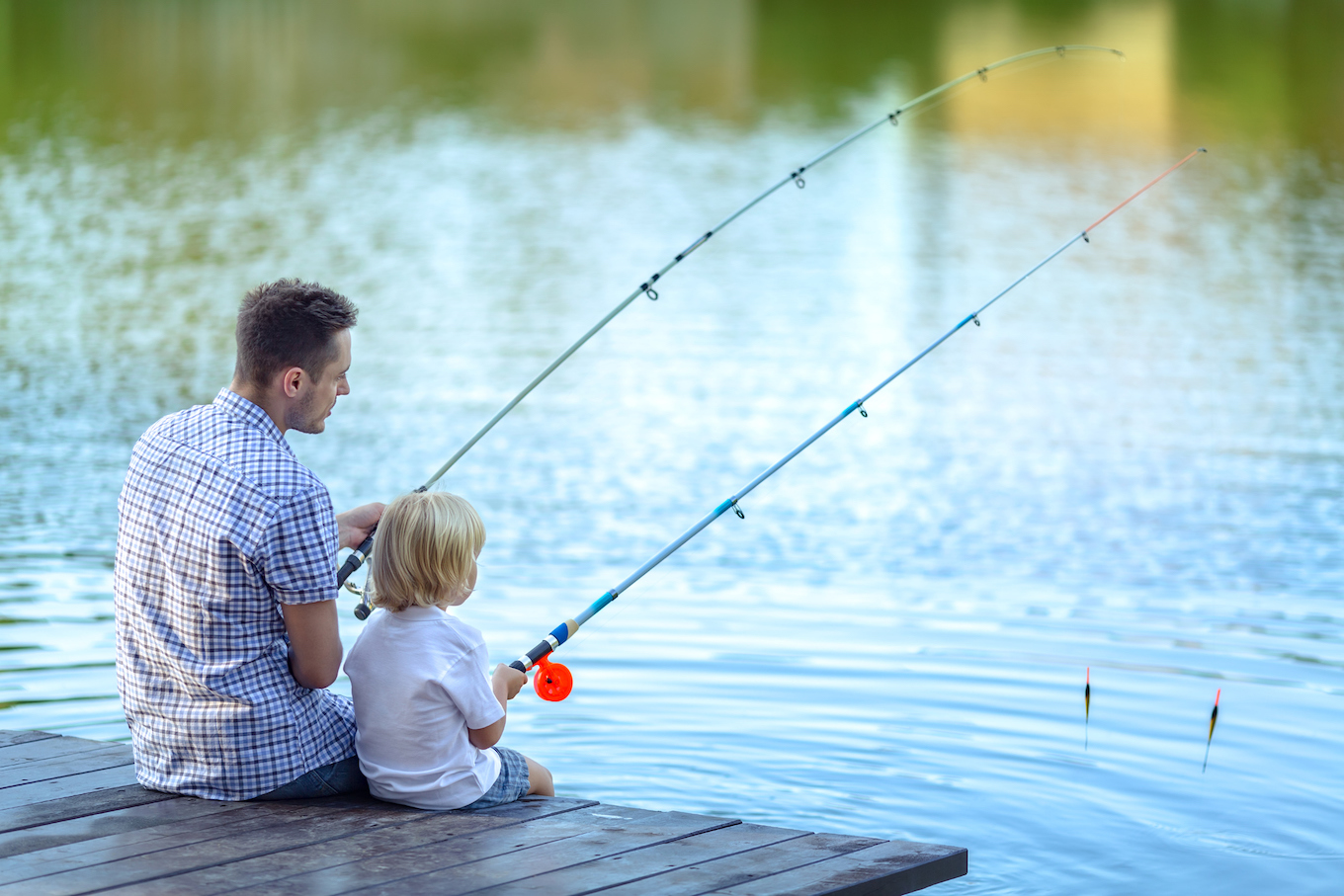
We don’t want to look like fish when we’re in the ocean, but we don’t want to be around too many fish either. For instance, if people are fishing off a pier, steer clear of the surrounding water. According to the Hawai’i Department of Land and Natural Resources, the sharks may be attracted to the fish being caught and killed. We don’t want to be in the same area as them.
Avoid splashing in the ocean.
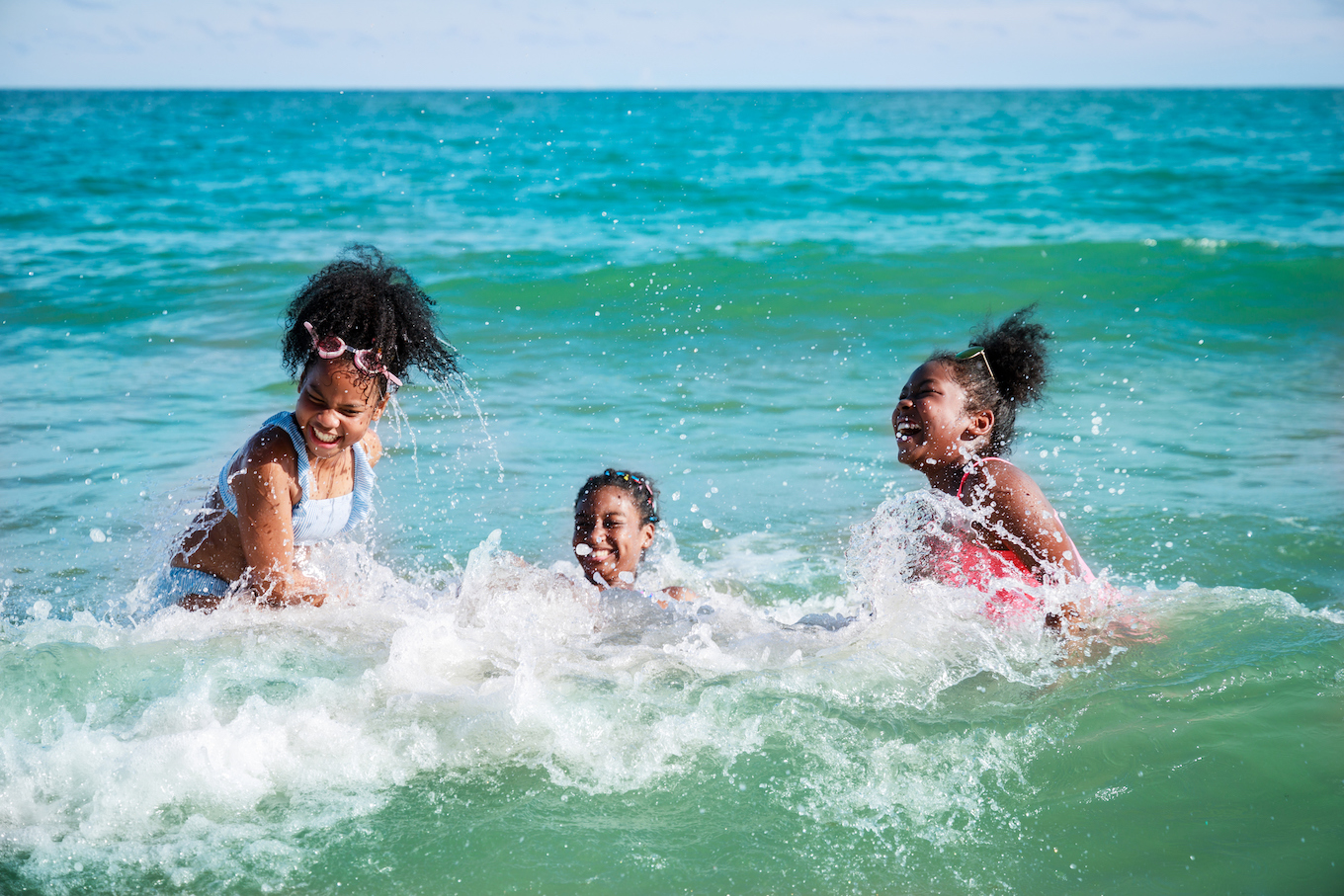
Sharks can be attracted by splashing, according to LiveScience. Have kiddos keep the splash fights to the pool, and maybe keep the family dog out of the ocean as well because they can swim irregularly and attract sharks, per Katie Couric Media.
If a shark gets close, make eye contact.
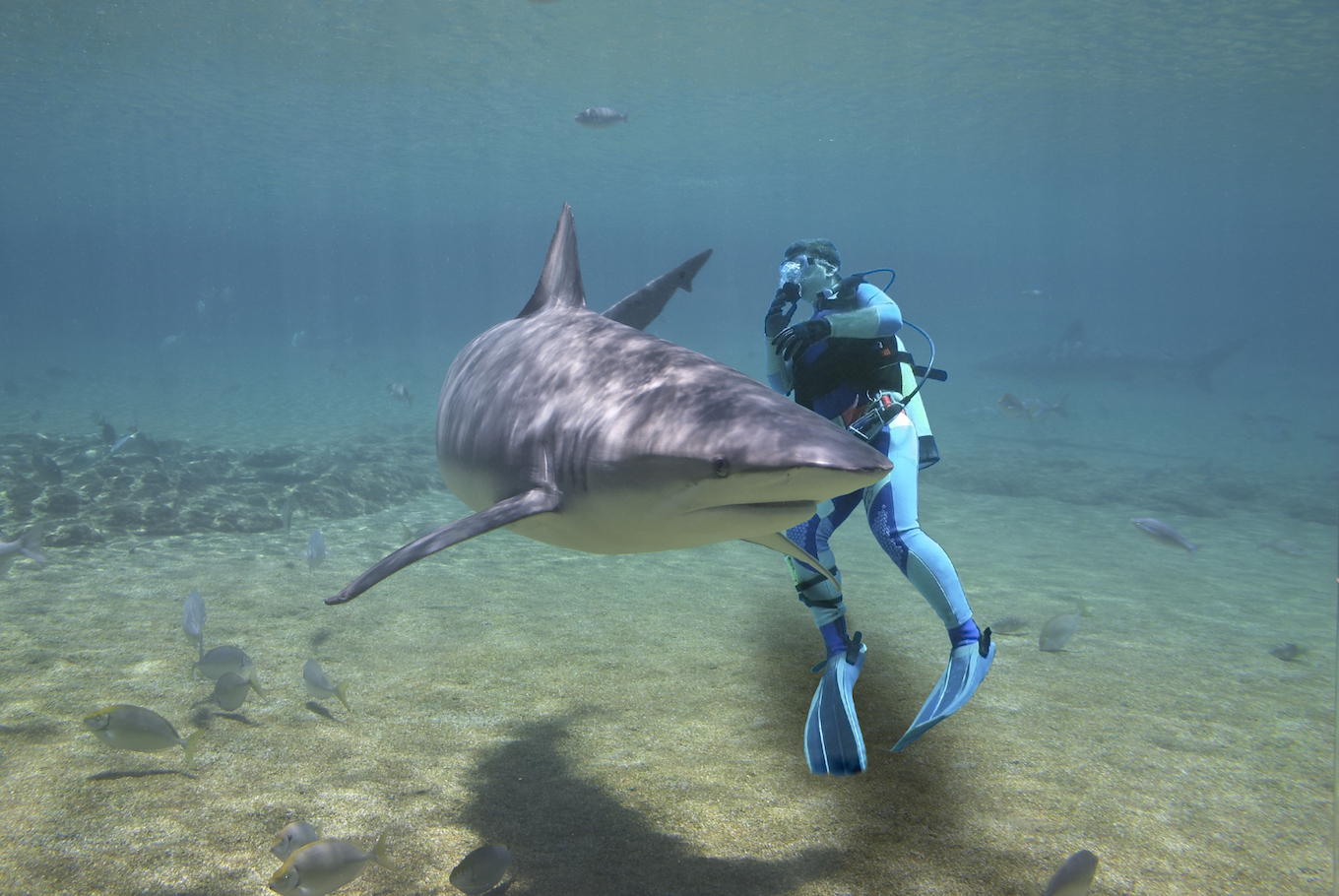
Professional diver Kayleigh Grant said she wants swimmers to act like predators in order to fend off sharks, according to the Daily Mail. She recommends keeping eye contact with a shark without panicking.
But if that doesn’t make the shark swim away, the Florida Museum of Natural History suggests hitting the shark in its sensitive eyes, gills, or nose as a last resort.
Know that the odds of a shark attack are low.

Shark attacks make for big news stories, but the reality is that they’re not as much of a threat as we may think. According to ABC News, in a world of almost 8 billion people, there were just 69 unprovoked shark attacks in 2023 — 10 of which were deadly.
Parents should be prepared for wildlife encounters with the aforementioned tips, but they should worry just as much about other beach vacation issues such as drowning risks, sun damage, and heatstroke.
Everyone should wear a life jacket.
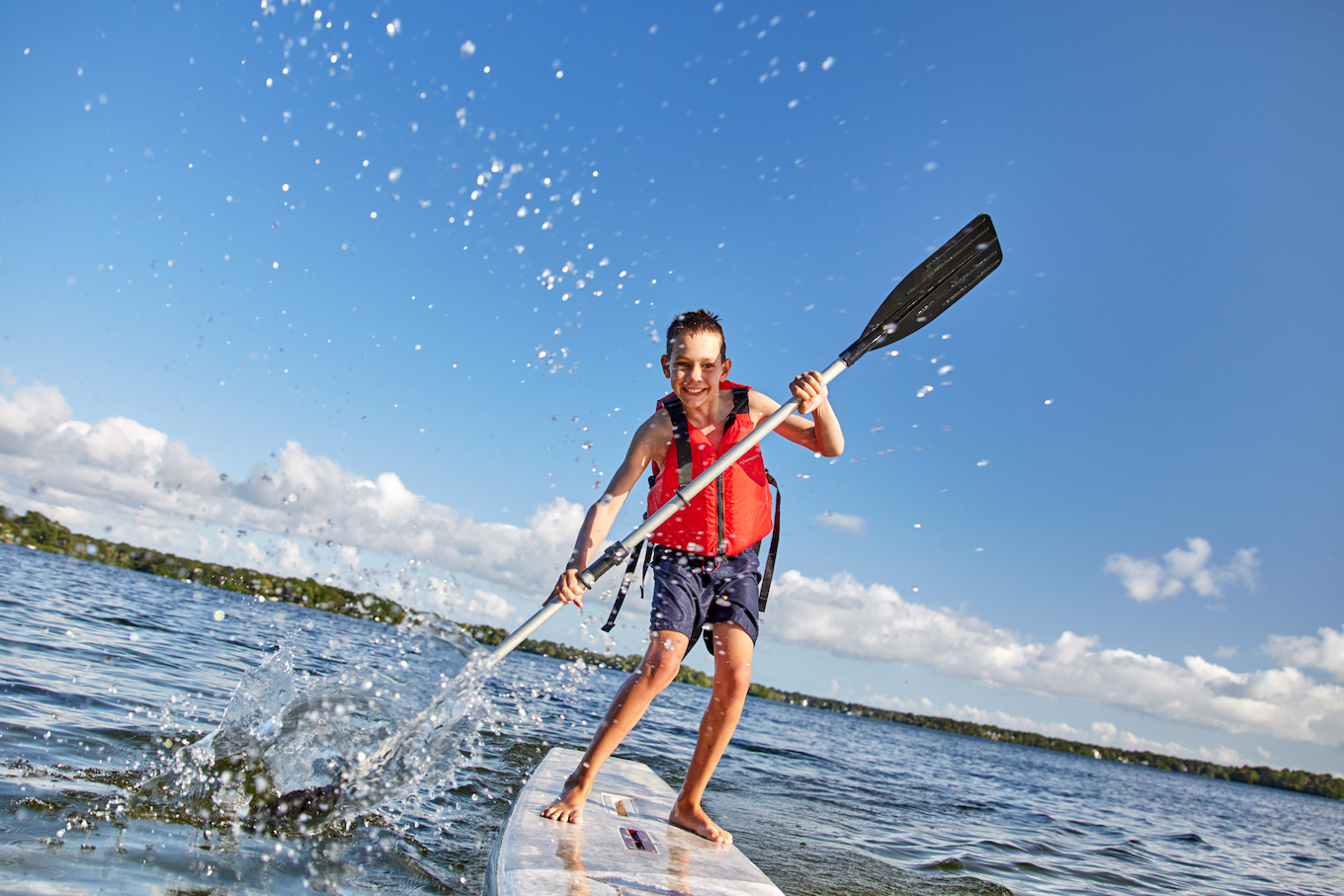
Regardless of shark activity, the ocean can be a dangerous place even for the best swimmers. Sudden currents and rip tides can become deadly fast. As a precaution, children should wear life jackets while in the ocean or on a boat. Adults should also wear them if participating in water sports or other potentially dangerous activities.
Watch for signs of heatstroke.
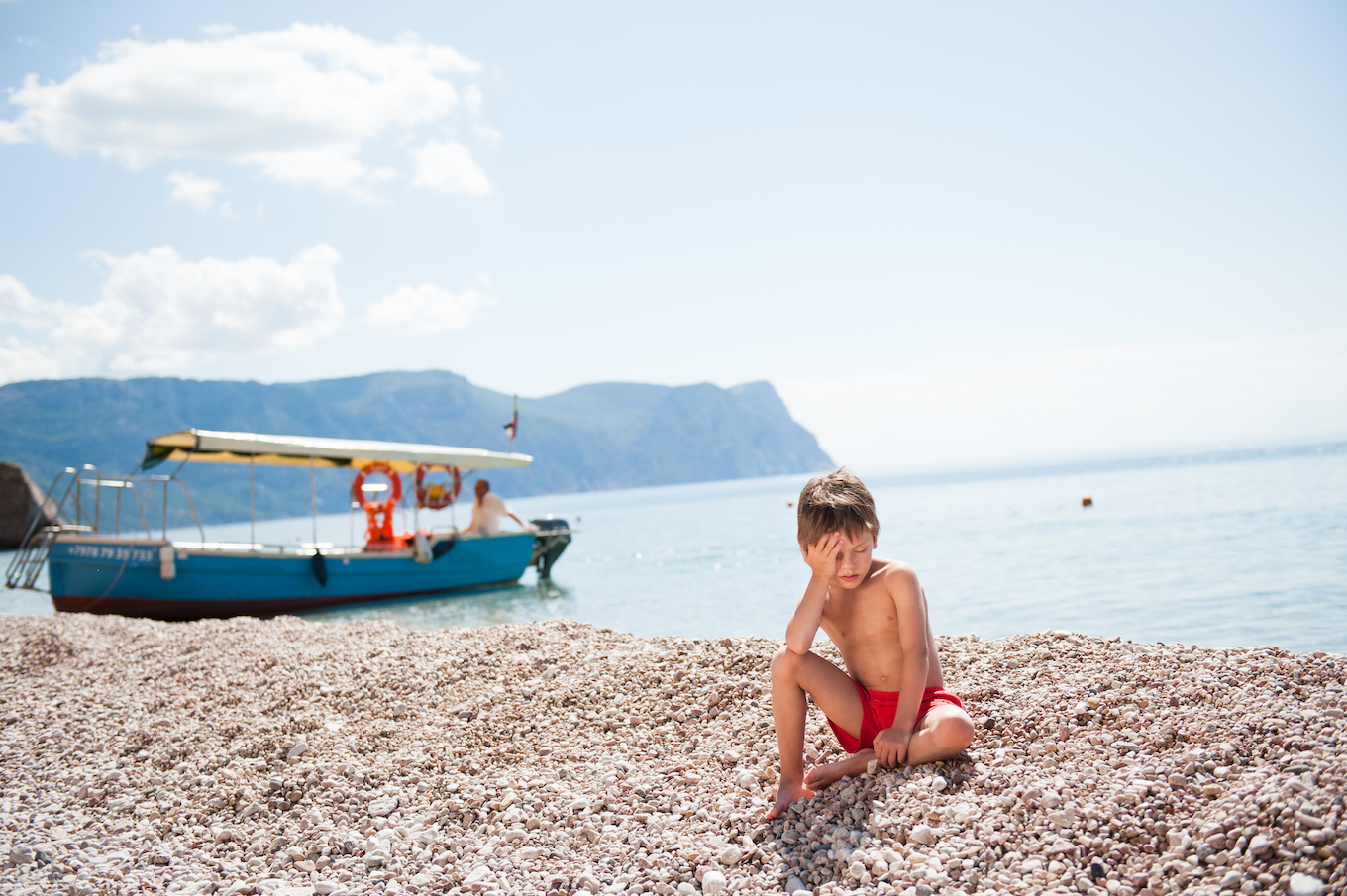
A hidden danger of a beach day is heat exhaustion or the even more dangerous heatstroke, of which kids can be especially susceptible. Parents should be on the lookout for signs such as flushed skin, fast breathing, and dizziness, according to Columbia University Irving Medical Center.
We can try to avoid serious issues by having children come inside or in the shade during the hottest parts of the day, giving cool water or electrolyte drinks, and making sure they’re not overexerting themselves while playing.
Digging sand holes can be dangerous.
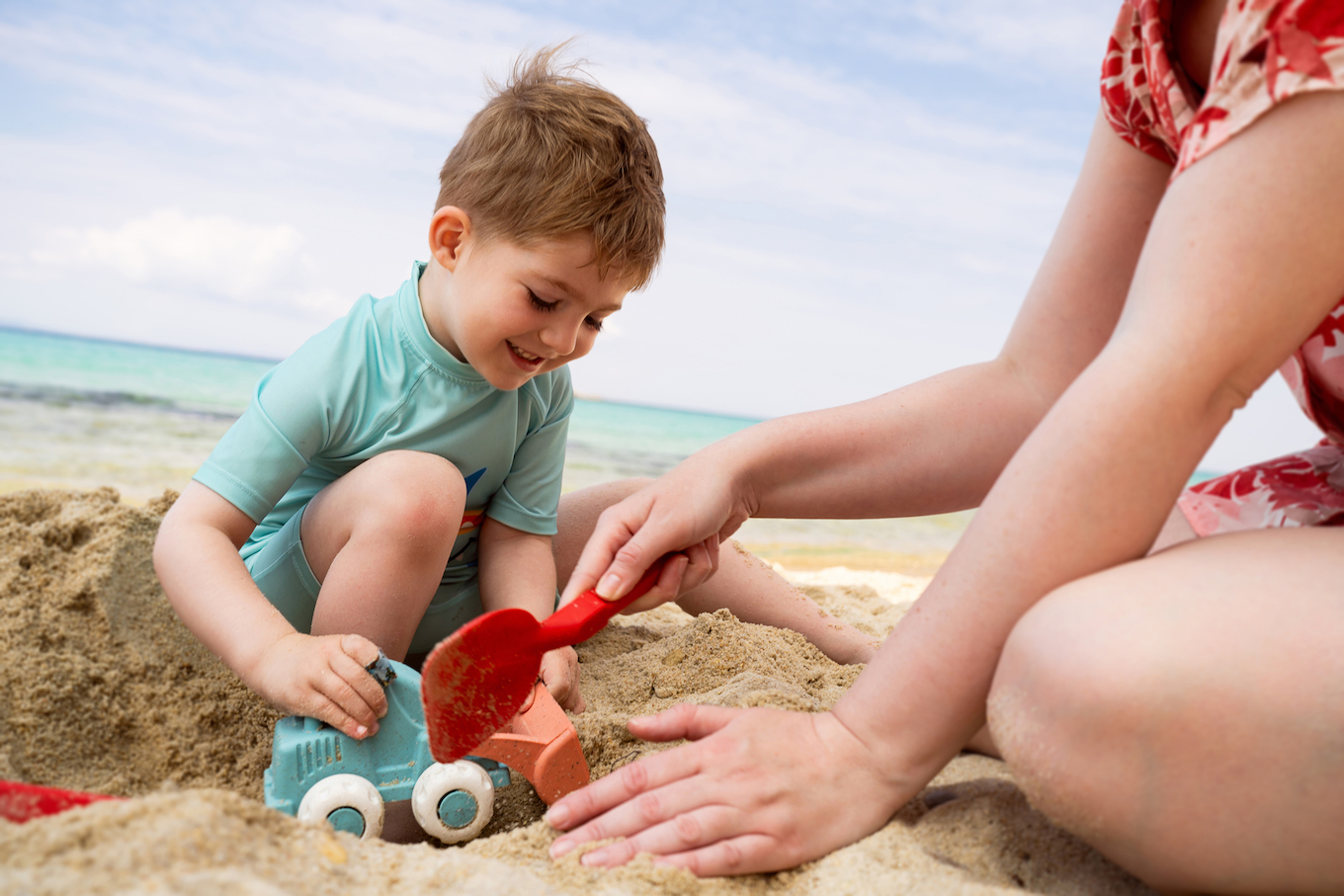
We probably all dug holes on the beach as kids, but digging too deep can be deadly. Sand doesn’t necessarily provide the best wall structure, and the holes and surrounding sand can collapse around kids.
According to NBC Miami, parents should make sure their kids don’t dig too deep — no more than 2 feet — and fill in the holes before leaving.
Be wary about stepping on something dangerous.
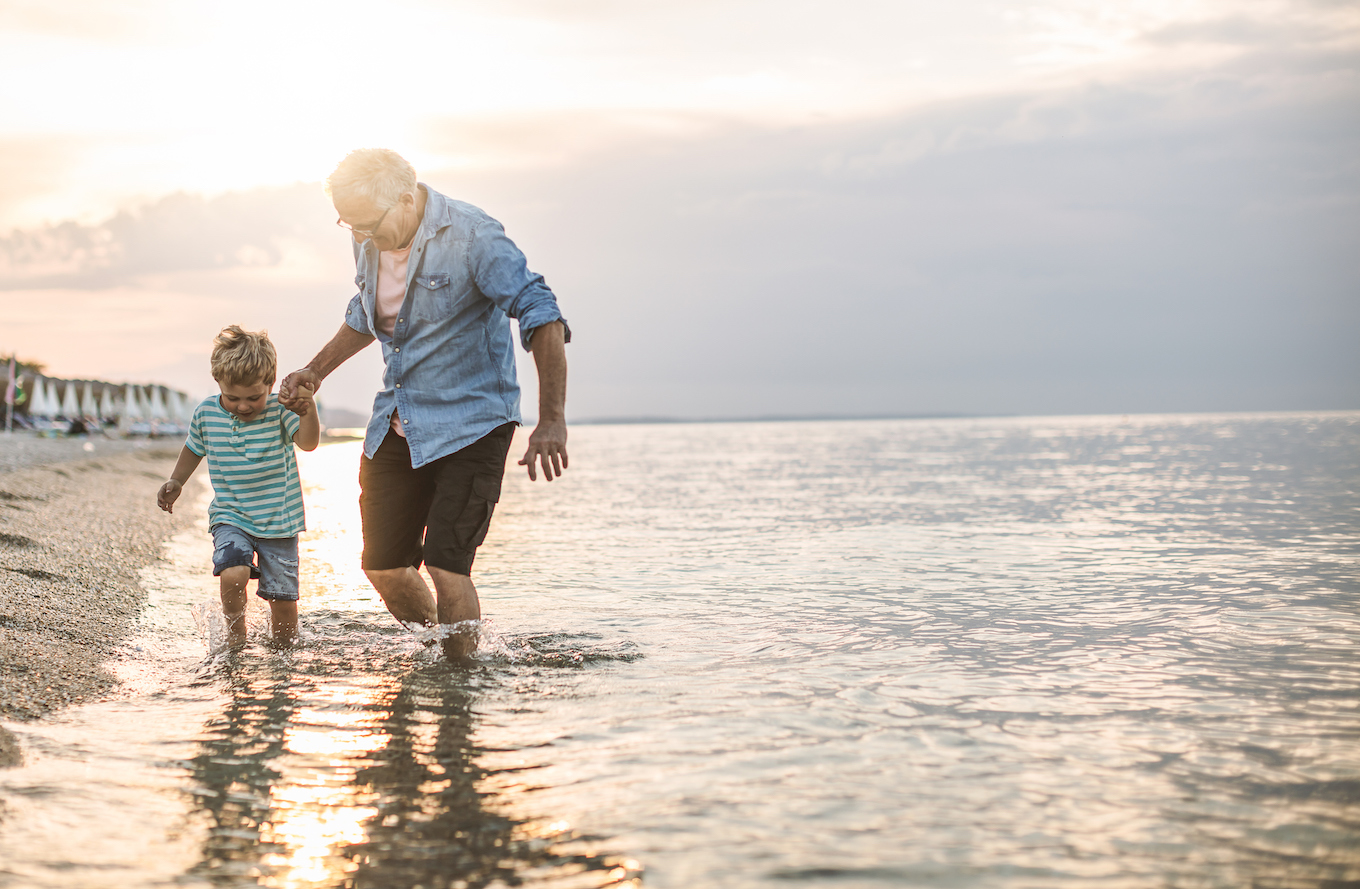
Walking along the shoreline or in the water can pose a hazard for anyone not looking where they’re going. Sharks are far from the only animal that can be dangerous at the beach. According to the National Ocean Service, it’s important to keep an eye out for jellyfish, spiny sea urchins, and the striped poisonous lionfish. Stepping on any of those will ruin a vacation instantly.
Don't pee on a jellyfish sting.
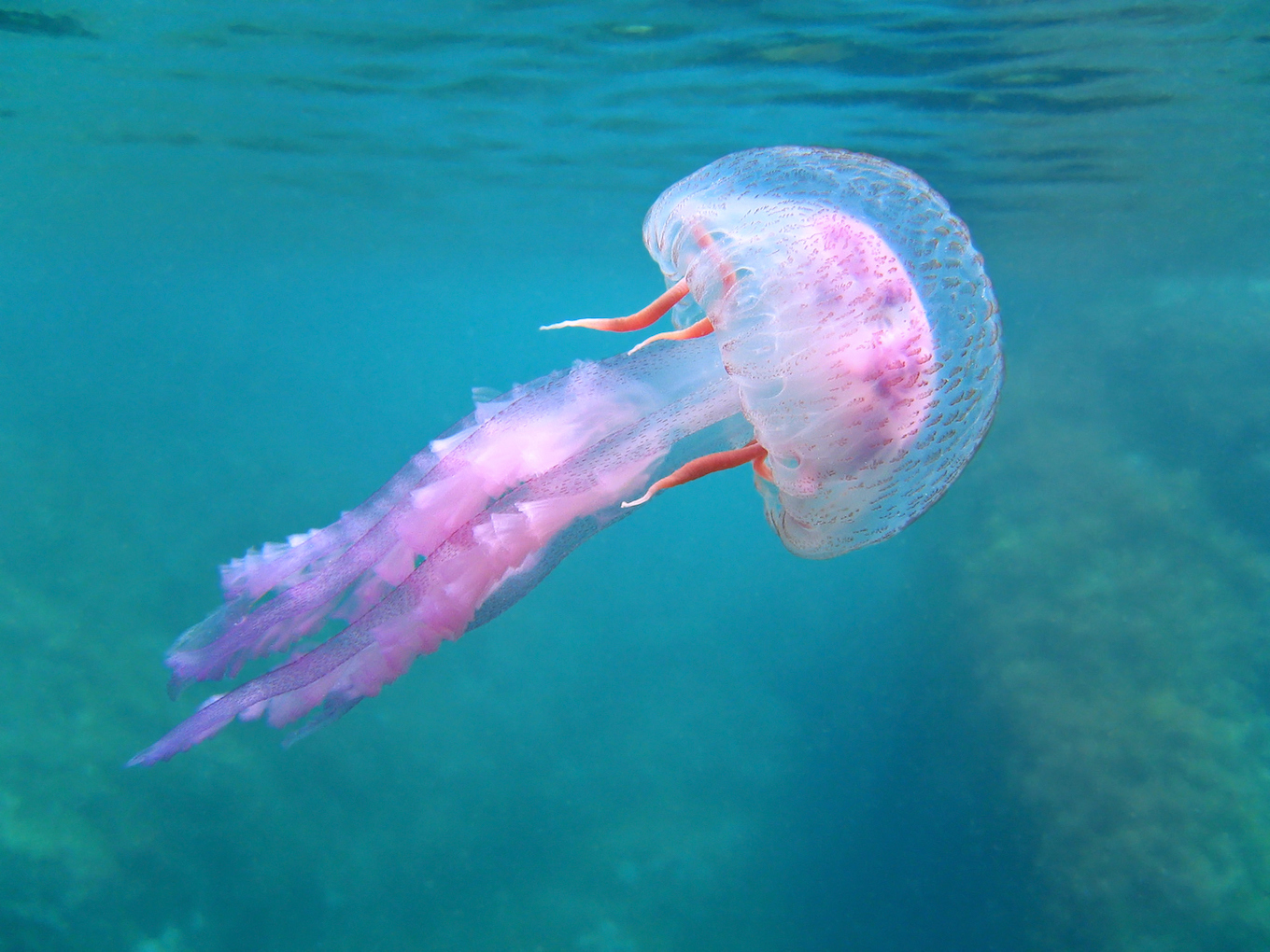
It’s a myth that the best treatment for a jellyfish sting is urine. According to the Cleveland Clinic, peeing on a jellyfish wound can even make it worse. Instead, use seawater to gently wash away the tentacles and barbs — or tweeze them out. Once the barbs are removed, wash the area with rubbing alcohol and take a hot shower.
If someone seems to be having an extreme reaction — like chest or stomach pain — it’s best to go to the hospital for further treatment.




